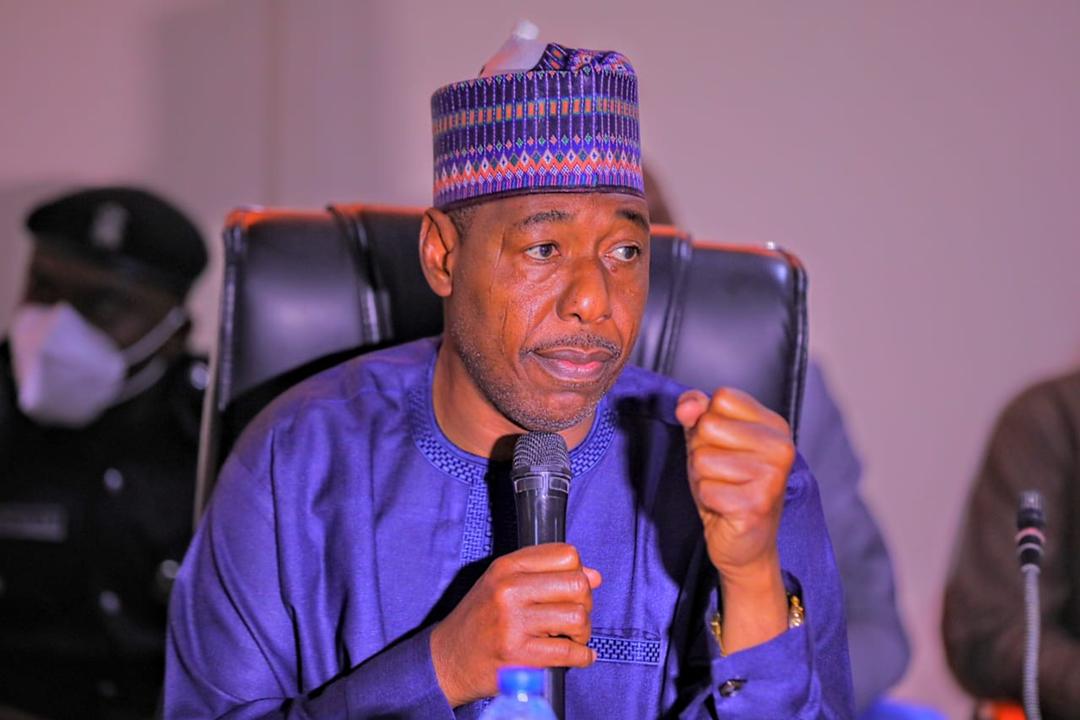Palliative distribution a necessity, not my priority – Zulum
The Borno State governor, Babagana Zulum, said his administration’s frequent distribution of food palliatives was necessary to strike a balance between addressing the immediate needs of the people affected by Boko Haram insurgency and laying the groundwork for a lasting change. Zulum noted that while food palliatives were distributed to vulnerable people mostly affected by […]

gov zulum
The Borno State governor, Babagana Zulum, said his administration’s frequent distribution of food palliatives was necessary to strike a balance between addressing the immediate needs of the people affected by Boko Haram insurgency and laying the groundwork for a lasting change.
Zulum noted that while food palliatives were distributed to vulnerable people mostly affected by the over-one-decade crisis, remarkable development has been achieved in all the critical sectors such as healthcare, education, security and infrastructure in Borno State.
Governor Zulum stated that the palliative distribution was to salvage communities whose sources of livelihood were cut off due to the activities of Boko Haram insurgents.
Zulum made the remarks on Saturday while speaking to journalists in Gajiram, Nganzai Local Government Council, in the northern part of the state.
- Palliative is necessary because people are hungry – Nasarawa gov
- Surrender to EFCC now, youth coalition tells Yahaya Bello
He emphasised the need to establish a sustainable foundation for long-term development rather than relying on short-term solutions like palliative distribution.
“We are not creating dependency. You can see our efforts in reviving the agricultural sector. People should take note that what we are doing is necessary. We only give food items in places extremely affected by insurgency and gradually, we are transiting out,” Zulum said.
Meanwhile, the governor supervised the distribution of food and non-food items and N25m cash to over 25,000 families comprising 10,000 males and 15,000 females.
Each of the male heads received a bag of rice and a bag of maize grain, while about 15,000 families each received one wrapper and N5, 000 cash.
